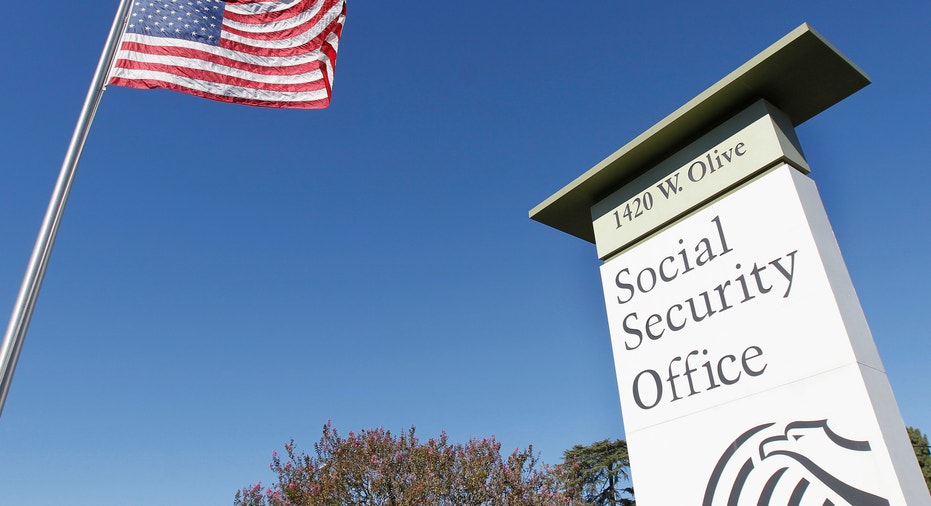Social Security Begins Paying Same-Sex Couple Claims

Social Security is now starting to process benefits for surviving spouses of same-sex marriages.
Widow’s benefits are payable to individuals who were married to the partner at the time he or she died as well as those who were legally married for at least 10 years, but later divorced. (The latter is referred to as a “surviving divorced spouse” benefit.)
The maximum widow’s benefit you can get is whatever amount the deceased spouse was receiving- or would have received- at the time of his or her death. You must also be at least 60 years old(1). Keep in mind that if you start taking your benefits before you have reached “full” retirement age (currently 66), the amount will be reduced. For a complete explanation, click here.
Last summer, the U.S. Supreme Court declared the federal definition of “marriage” unconstitutional. Ever since, the Department of Justice has been working with dozens of federal agencies to review their policies and regulations to make sure that they comply with the court's ruling. The new rule is that, regardless of gender, two individuals will be considered “married” under federal law if their relationship was legally sanctioned in a state or other jurisdiction (such as Washington, D.C. or Canada) that recognizes sex-sex unions.
Unlike agencies like the IRS, Social Security has an additional hurdle to work through. Social Security regulations specifically yield to the definition of “marriage” used by the state in which you live. Thus, a gay couple who was legally married in New York, but currently resides in Texas- which does not recognize same-sex marriage- is technically not considered “married” under current Social Security rules.
DOJ is working with Social Security to update this, but the process has been slow. It’s a major reason that Social Security is lagging behind other federal departments in issuing guidance to same-sex couples. According to Social Security spokesperson B.J. Jarrett, “Folks have been applying for [spousal benefits] months [and] anxiously anticipating their benefits.” Now that Social Security has its final instructions on how to process these claims, checks can start going out.
Though things have not progressed as quickly as some might like, Social Security has been taking whatever steps it can to extend benefits to same-sex couples in order to ensure that these individuals are treated the same as those in heterosexual marriages.
In late summer, the administration said members of same-sex marriages could begin applying for spousal benefits. Even though the details regarding how this, too, is going to be implemented has yet to be worked out with the Department of Justice, filing as soon as you can locks in your application date. Once the rules are revised, benefits will be paid retroactive to the date you signed up.
1. A surviving spouse can apply as early as age 50 if s/he is disabled.



















